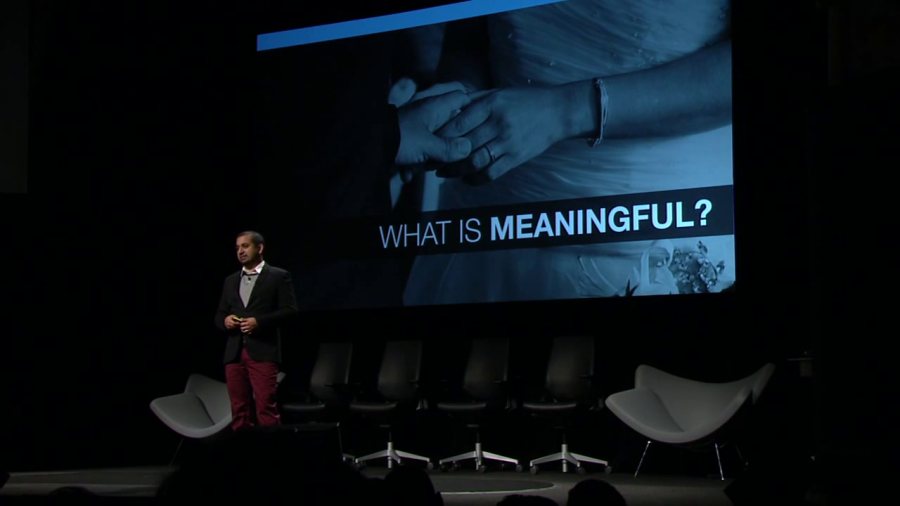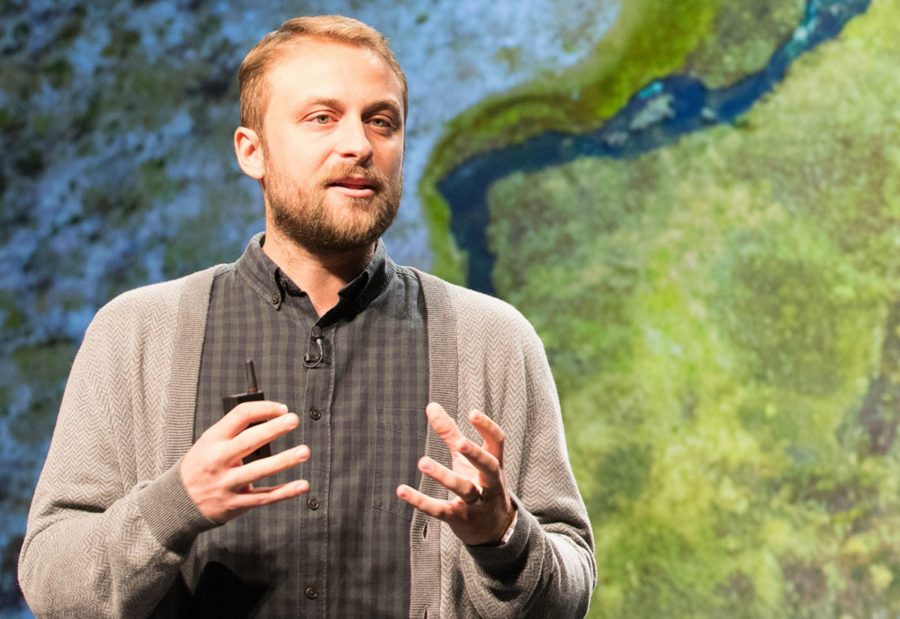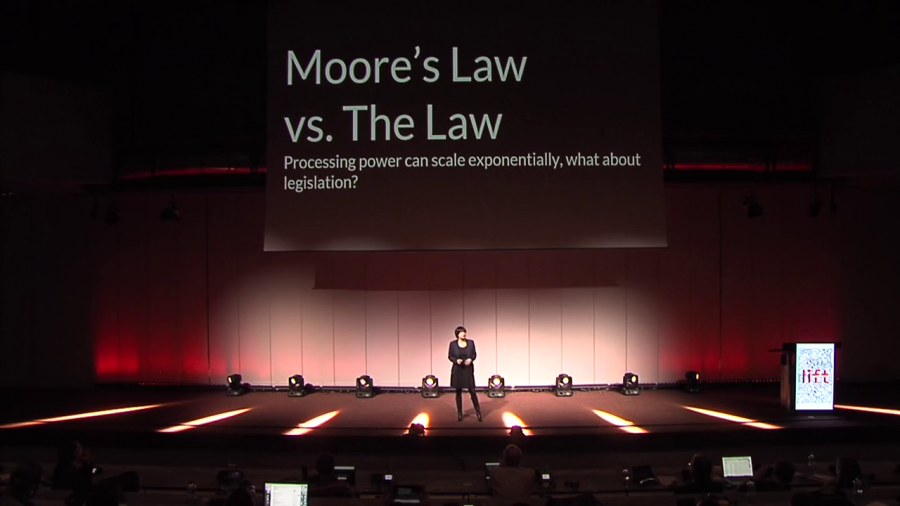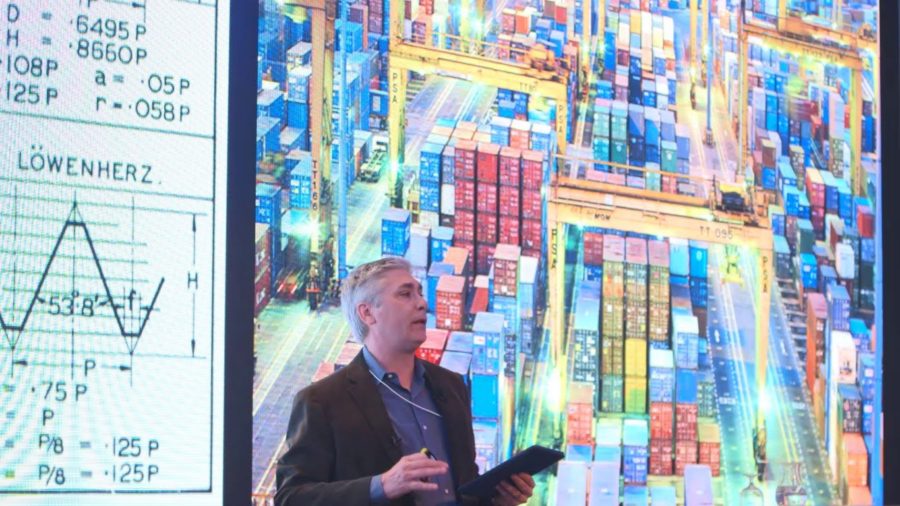There are biologists who’ve spent their careers working on some species of beetle in the tropical rainforest, and they just love the rainforest in their bones And they feel that when they go testify in Congress to some committee, that they can’t just say, “I love it in my bones and you guys will love it too, if you share it with me.” They have to say, “Oh, we’ve done all this math and computed that there’s an ecosystem service here.” And I think that that has really impoverished our debate about environmental issues.
Archive (Page 5 of 8)

I’m glad those social networks provide those services. I think it’s important for the dialogue to happen that way. But it can’t be the only way for us to have public discourse. Online, we only have these spaces that are owned by private companies. We don’t have public parks.

We’re living in this amazing time. The speed of innovation has created technologies that have literally reimagined industry after industry. Technology has improved almost every tool that we use on a daily basis, and it’s time to start bringing this technology to use for good.
We feel that this is a good point to sort of take stock, do sort of a quick précis, if you will, of where we’ve gotten so far. Because I think we’ve got some really interesting places we weren’t necessarily expecting to get. And we’re seeing some interesting poles between different large groups of thinkers that we weren’t necessarily expecting.
So long as we’re limited to one planet, ultimately our resources are limited. And therefore every person in the world is competing with every other person in the world for a piece of a finite pie. Okay, and every new person born is a threat, every nation is fundamentally the enemy of every other nation, every race of every other race, and the only question is how do we kill them.
In the future, we have to change the way we look at consumption. That’s why I’m such a big proponent of the sharing economy. Because it’s not an issue of if it’s going to happen, it’s when it’s going to happen. And I’d rather people voluntarily adopt it now and start realizing the benefit of it now while we’re still in this kind of relative land of plenty, than be forced into it later when all of a sudden there’s not enough water to cover Phoenix anymore because it’s a huge city in the middle of a desert and they have to go on water rationing.

When we talk about technologies such as AI, and policy, one of the main problems is that technological advancement is fast, and policy and democracy is a very very slow process. And that could be potentially a very big problem if we think that AI could be potentially dangerous.

One of the ways that industrial revolutions are interesting to think about is that they look differently depending on how and where you see them from. They look different whether you see them from Europe or Asia or Africa. But regardless of time or place, economists and historians generally tend to look at industrial revolutions through the lens of innovation. And in my short talk today I want to encourage a different way of thinking about this.
We know very little about complex financial systems and how systemic risk, as it’s called, is computed and how you would manage policies. And if you look back at the financial crisis, you can either say, as many economists do, “It all had to do with badly-designed rules,” which may be part of the story; it’s certainly part of the story. Or it may have to do with the interaction of those rules and human nature, like mortgage broker greed, optimism… And you see it not just in individuals who now have houses and foreclosure, but at the highest levels.
